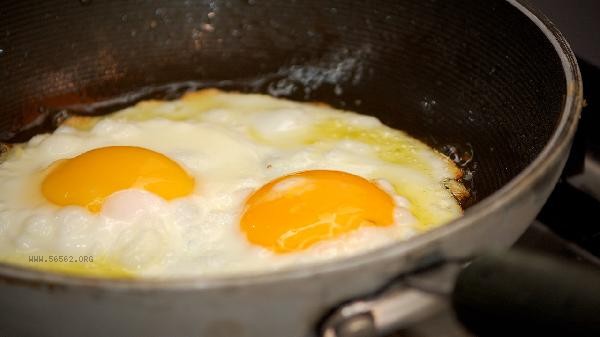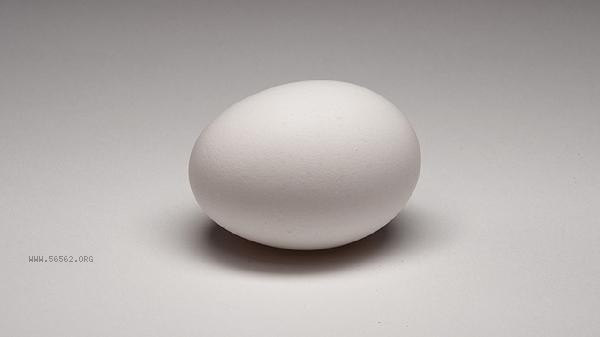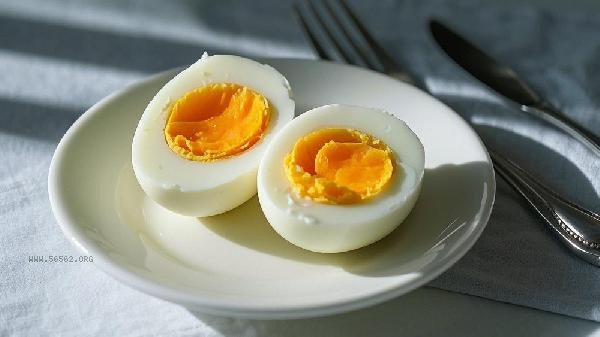The key to avoiding eggshell cracking when boiling eggs is to control temperature changes and operating techniques. There are five main methods: cold water boiling, medium heat heating, adding salt or vinegar, avoiding excessive rolling, and natural cooling.

1. Put the eggs in cold water.
After taking them out of the refrigerator, put them directly into cold water, ensuring that the water level is completely above the egg body. Slow heating of cold water can evenly solidify egg whites from the outside to the inside, reducing the expansion pressure caused by the temperature difference between the inside and outside. If boiling water is added to the pot, eggshells are prone to cracking due to thermal expansion and contraction when exposed to high temperatures.
2. Medium heat heating
Use medium heat throughout the entire process to keep the water slightly boiling. A large fire can cause the water flow in the pot to violently roll, and the eggs to collide or hit the pot wall, increasing the probability of rupture. Heating over medium heat for about 8-10 minutes can achieve a state where the egg yolk is solidified but not too hard.
3. Adding a small amount of salt or white vinegar to water can increase its boiling point and slow down its boiling intensity. Salt can also promote rapid solidification of egg whites and block small cracks. Add 5 grams of salt or 10 milliliters of vinegar per liter of water, as excessive amounts may affect the flavor of the eggs.
4. Avoid excessive rolling

Do not stir the eggs frequently during the cooking process, especially when the egg whites are not completely solidified in the first 3 minutes. To flip, gently push with a spoon to ensure even heating. Intense agitation can cause the eggs to rotate and collide in the pot, increasing the risk of shell damage.
5. Natural Cooling
After turning off the heat, let the eggs stand in hot water for 2 minutes before removing them and soaking them in room temperature water for 5 minutes. Gradual cooling can balance the pressure difference between the inside and outside, preventing sudden contraction due to cold and causing separation of the shell and membrane. Lightly tap the eggshell before peeling to allow air to enter and facilitate complete peeling. In addition to the above methods, using fresh eggs can also reduce the probability of cracking. The inner membrane of fresh eggs has better elasticity, smaller air chambers, and stronger boiling resistance. Eggs stored for more than two weeks are recommended to be steamed instead. If boiled eggs are not to be consumed temporarily, they can be soaked in cold water and stored refrigerated, but must be consumed within 24 hours to ensure taste and nutrition. Paired with whole wheat bread and vegetables, it can better absorb the high-quality protein and lecithin in eggs.










Comments (0)
Leave a Comment
No comments yet
Be the first to share your thoughts!